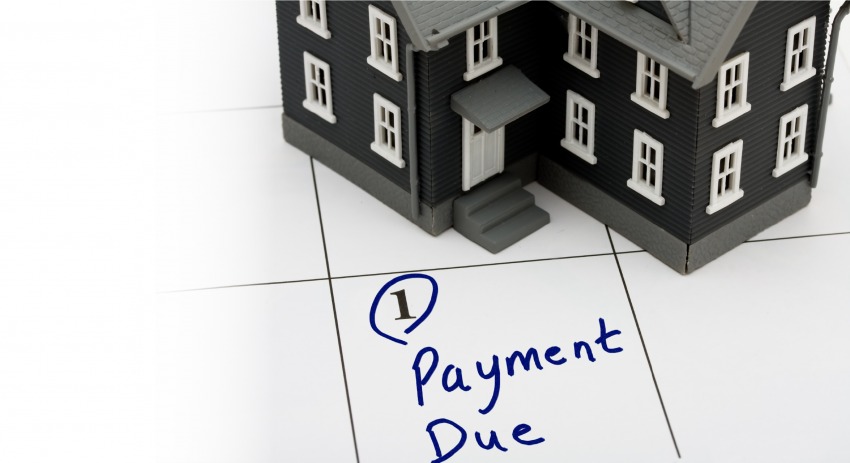Establishing and Collecting Late Rent Fees for Your Investment Property
Widget’s Way featuring Patti “Widget”

There are so many moving parts to managing an investment property. One of the more challenging items to address when creating your rental agreement is trying to figure out what the amount of the late fee should be. The reason for a late fee is not to make money. The reason for a late fee is a deterrent from paying the rent late.
There is no state law that specifically addresses late fees, and courts vary in their rulings on late fees. Take note that a late fee cannot be charged unless it is established and executed in a written rental agreement. So if you have an oral rental agreement you can’t collect a late fee.
The industry standard for late fees seems to be 10% of the monthly rent. The Department of Fair Housing states that 6% of the monthly rent is the best practice. I am going to guess that everyone in this industry you ask will give you a different answer.
I know that I am not giving you a rock solid answer either and that is because there is not one. I can share with you that more recently courts in the Los Angeles rent control areas late rent fees are being challenged in an unlawful detainer trial. Stating there is no merit to the fee and it is gouging the resident. Landlords can be asked to prove the actual expense incurred by the owner associated with the fee. So if your rent is $2500.00 a month and your late fee is 10 % or $250.00 and the late fee on your mortgage is $35.00 how do you explain the $215.00 charge to the tenant?
When setting your late try to remember that this is a deterrent from paying the rent late. So you don’t want to make it to low, you need to figure out the balance so that it does the job. You also don’t want a daily rental late fee that’s just a recipe for disaster, make it a set fee that applies on a certain date and avoid all the unnecessary calculations. There is too much room for a human error using a daily late fee amount.
When you are attempting to collect the late or need to enforce payment of a late fee it does have a process and procedure. A three day curable breach of covenant or aka three day notice to perform covenant or quit (they are the same document) is the correct notice to use to address this issue. You would reference the paragraph of the rental agreement that defines the rules regarding the late fee and then reference the time period for which the late fee is owed and the total of those fees in the event we are asking for multiple months of late fees.
You cannot put late fees on a three day notice to pay rent or quit. That type of notice is for rent only and if you put late fees on that notice it voids the notice and makes your eviction case invalid. So please don’t do that! Even if your rental agreement states that all past due balances become rent, you should not put late fees on a 3 day notice to pay rent or quit for residential dwellings. It can completely destroy a court case.
The three day curable breach of covenant is the same notice that you use for a violation of the written rental agreement, unauthorized occupants, unauthorized modifications to the property, unauthorized pets etc.
In the event that the tenant doesn’t comply with the notice after the three days are up then contact your legal counsel for the further direction. Your attorney may say to start an eviction or advise you to serve a second time to show the court you even asked twice. Again the next step is up to your attorney.

Patti “Widget” is the marketing director for Fast Evict.com Law Group. She has 22 years’ experience as a regional property manager. Patti teaches several training classes, and has published articles for various apartment associations.



